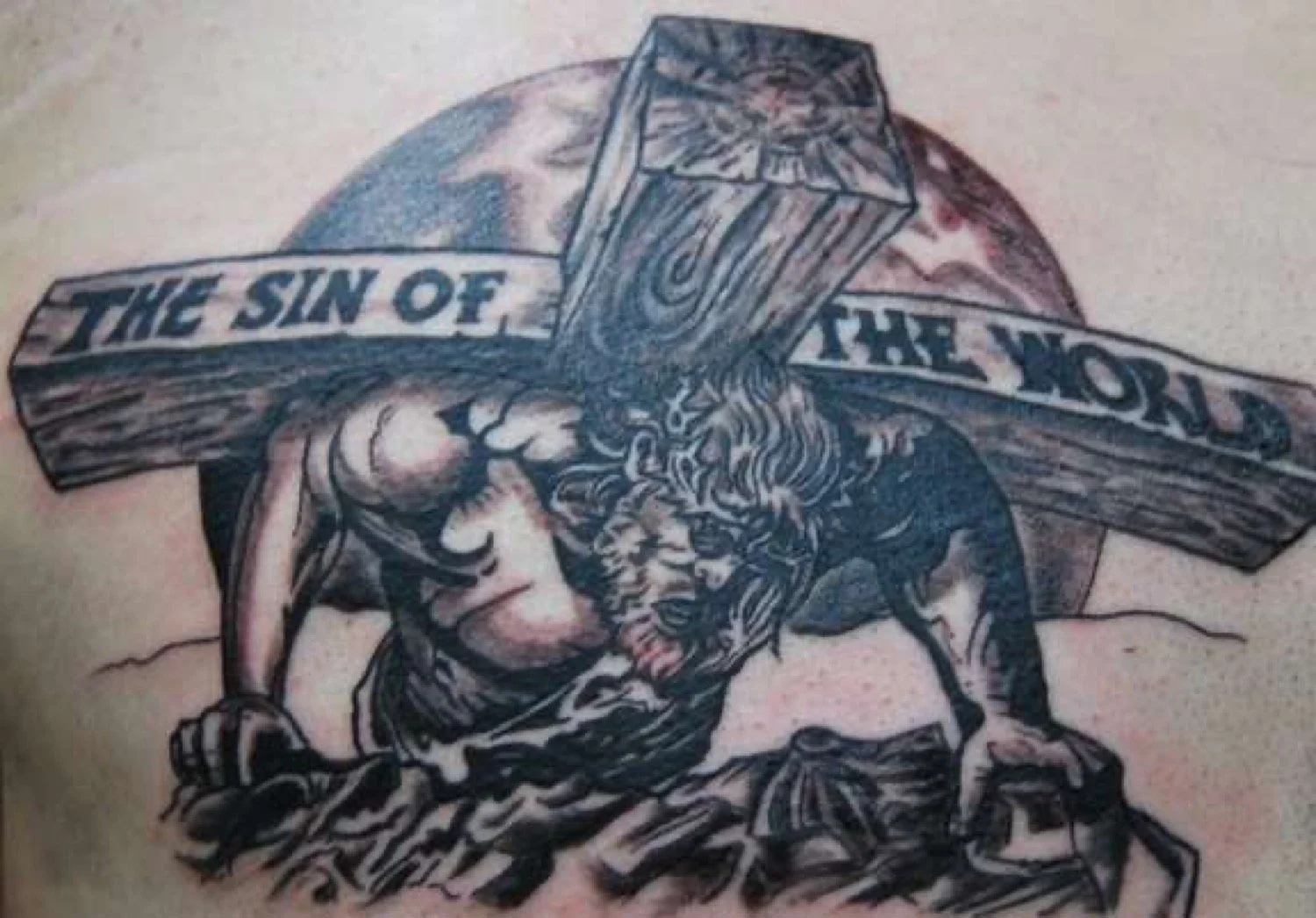Readings for today: Leviticus 8-10
I have this vivid memory of sitting in worship when I was a young teenager, goofing off with my best friend during the Lord’s Prayer. An older member of the church turned around and confronted me. She looked me in the eye. She spoke in a calm but firm voice. She was deadly serious. “You are aware, young man, that we are in the presence of Almighty God.” My friend was able to blow her off. I was not. I have no other words to describe what I felt in that moment other than the “fear of the Lord.” For some reason I still cannot comprehend, I received that woman’s rebuke with great seriousness. To this day, whenever I pray the Lord’s Prayer, I find myself returning back to that balcony seat and feel the same fear come over me. To be clear, the fear I feel is not anxiety. It’s holy reverence. It’s awe and wonder. It’s utmost love and respect and devotion for who God is. I wish I could go back and thank that woman for the gift she gave me that day. It was one of those moments that changed the trajectory of my life.
I thought about that woman when I read about the deaths of Nadab and Abihu today. Worship for the Israelites was a dangerous proposition. Not because God is capricious or reckless or mentally unstable. But because God is holy. Pure. Dwelling eternally in unapproachable light and glory. His presence is a consuming, purifying fire. It separates gold from dross, wheat from chaff, clean from unclean by its very nature. It’s a double-edged sword. Piercing to the deepest recesses of our souls and joints and marrow. Cutting away all that is rotten and septic within us. Every time we invoke His name. Every time we enter His presence. Every time we come before Him in worship, we are literally entering the Most Holy Place. And this is essentially what that older, wiser believer was challenging me on all those years ago. She wanted me to become more aware of the gulf that exists between an unholy people and a holy God. She wanted me to appreciate the character and nature of the God we worship and adore and not act flippantly or casually in His presence.
The Israelites knew all this, of course. And yet even they could become far too casual about worship. “Now Nadab and Abihu, the sons of Aaron, each took his censer and put fire in it and laid incense on it and offered unauthorized fire before the Lord, which he had not commanded them. And fire came out from before the Lord and consumed them, and they died before the Lord. Then Moses said to Aaron, "This is what the Lord has said: 'Among those who are near me I will be sanctified, and before all the people I will be glorified.'" And Aaron held his peace.” (Lev. 10:1-3) I cannot imagine watching my children die in worship. I cannot imagine watching them burn to death before the Lord. I cannot imagine the fear and anger and frustration I would feel. But then again, I have not seen God face to face. I’ve not had to endure His fiery presence. I’ve not felt the fear the Israelites experienced when they approached God in His sanctuary. Christ, thankfully, saves me from His righteous wrath. Christ, thankfully, turns aside the Father’s burning anger and takes it on Himself. Christ, thankfully, satisfies all the demands of God’s justice and because of His shed blood, I am made pure. I am made clean. I am made holy. Aaron and his sons had none of these benefits. They had to tread very carefully in the presence of God. They had to perform their duties with devotion and carefully do all God commanded.
We do not understand the true nature of our sin. We tend to think of sin in rational terms. Errors in judgment. Honest mistakes. Poor choices. Leviticus uses completely different categories. Sin is impure. Unclean. Unholy. It is rotten. Decaying. Festering. Decomposing. Corruption. In order to really grasp the nature of sin, we have to leave the rational behind and think in Biblical terms. The other day, my children took one of our dogs on a walk. Along the way, he found the corpse of a rabbit that had been dead a while. He naturally grabbed it and my kids were disgusted. How many of us have been hiking in the mountains and have come upon the worm-filled, decomposing corpse of some animal and been similarly repulsed? I think of the clean up work we did in the wake of Hurricane Katrina and the smell of rot and decay we had to put up with as we gutted homes and cleaned out refrigerators. It was nasty work that made us routinely gag. That, friends, is the stench of sin and it’s why sacrifices had to burn continually before the Lord.
How seriously do you take your worship? How committed are you to gathering with God’s people on the Lord’s Day to bring Him the honor and glory He is due? When you enter into worship, do you come with an awareness that you are entering the presence of Almighty God? Entering into the Holy of Holies in heaven? When you sing the songs, pray the prayers, give your gifts, listen to the Word of God preached, and participate in the Sacraments; do you find yourself filled with reverence and awe at what God has done?




